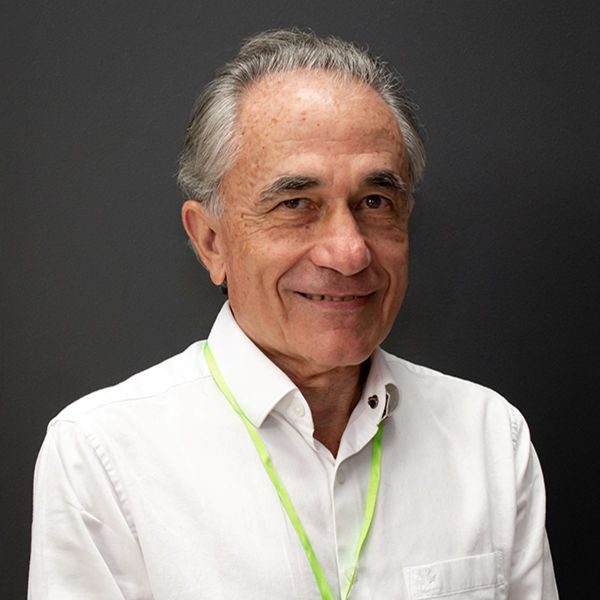
Solid-Phase Peptide Synthesis as a Puzzle of Resins, Protecting Groups, Coupling Reagents in a Proper Solvent
Fernando Albericio
Professor, University of KwaZulu-Natal, University of Barcelona
Between 2016 and 2023, 31 peptides were approved by the US Food and Drug Administration (FDA). This represents un 8.4% of all drugs approved by this agency. The structure of these peptides differs significantly from those approved earlier. Currently, peptides present (bi)cyclic structures and/or are larger, with nonproteinogenic amino acids, and contain polyethyleneglycol and/or fatty acids. Some of these peptides are required in multi-kg amounts, which brings another difficulty level to the already challenging field.
Many of these peptides would not have reached patients if the Nobel laureate R. Bruce Merrifield had not developed the Solid-Phase Peptide Synthesis (SPPS) technique in the 60s of the last century. Two scientists were key to the universalization of SPPS, Johannes Meinhofer in the USA and Robert Sheppard in Europe. They saw the need to work in milder conditions and implemented the Fmoc group proposed by Carpino in SPPS.
The concept of SPPS has also evolved enormously from those days to fulfill the increasing peptide demand. Lastly, there is a need to comply with the precepts of sustainability and greenness, which add one more level of complexity.
Simplistically, SPPS can be defined as a combination of resins (solid support), protecting groups, and coupling reagents in a proper solvent. Herein, I will discuss the contributions of my laboratory to developing efficient peptide chemistry in accordance with sustainability principles. It all started in my native Barcelona and seems to end in Durban (South Africa) more than fifty years later.
Fernando Albericio began his peptide journey almost 50 years ago in his native Barcelona. Since then he has been continuously working on peptides on five continents. Currently, he is a Research Professor at the University of KwaZulu-Natal (South Africa) and an Emeritus Professor of Organic Chemistry at the University of Barcelona (Spain).
His primary research interests cover practically all aspects of peptide synthetic methodology; the synthesis of peptides and small molecules with therapeutic activities (cancer and infectious diseases); and peptide-based drug delivery systems. Most recently, he has been working on greening solid-phase peptide synthesis processes. He has published over 1000 scientific articles and graduated more than 75 Ph.D. students.
Fernando has received several awards, including the Vincent du Vigneaud and the Murray Goodman from the American Peptide Society, and the Leonidas Zervas from the European Peptide Society.